COVID-19’s Impact on the Automotive Industry (Expert Reviews)
Nearly every industry has been impacted by the COVID-19 pandemic, and the automotive sector is no exception. These disruptions to the global economy are unprecedented. The epidemic has caused manufacturing closures, a drop in demand for cars, and interruptions in the supply chain. In response, the automotive industry has shifted to online sales, invested in electric cars, and created new technology to improve the hygiene and safety of vehicles. The effect of COVID-19 on the automotive industry and how the sector has reacted to the crisis will be thoroughly discussed in this blog article.
1. Manufacturing
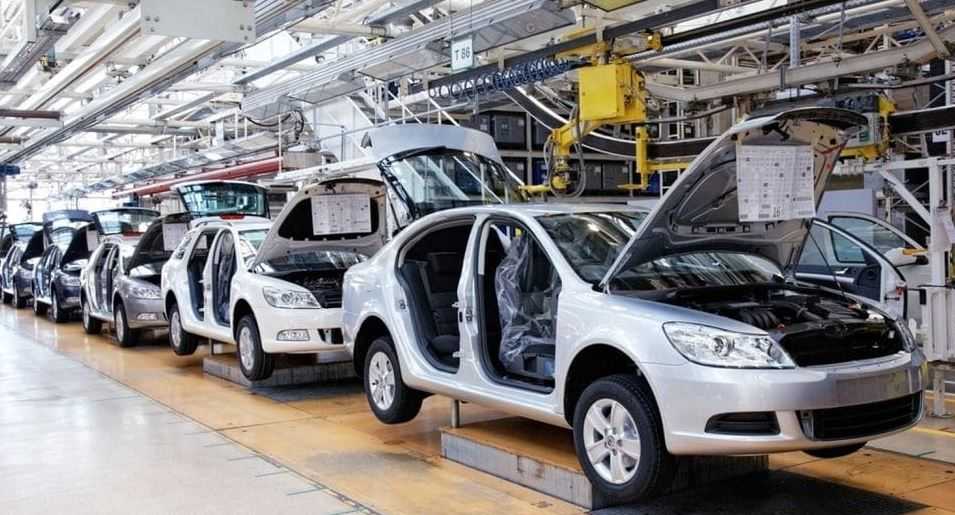
Global supply chain disruptions, factory closures, and labor cutbacks brought about by COVID-19 have caused temporary closures and slowdowns in the car manufacturing industry. Production lines and manufacturing activities had to be put on hold for the auto industry, with some plants closing for weeks or even months. This has affected the profitability of the sector by creating a backlog of orders and decreasing output.
2. Supply-Chain Breakdowns
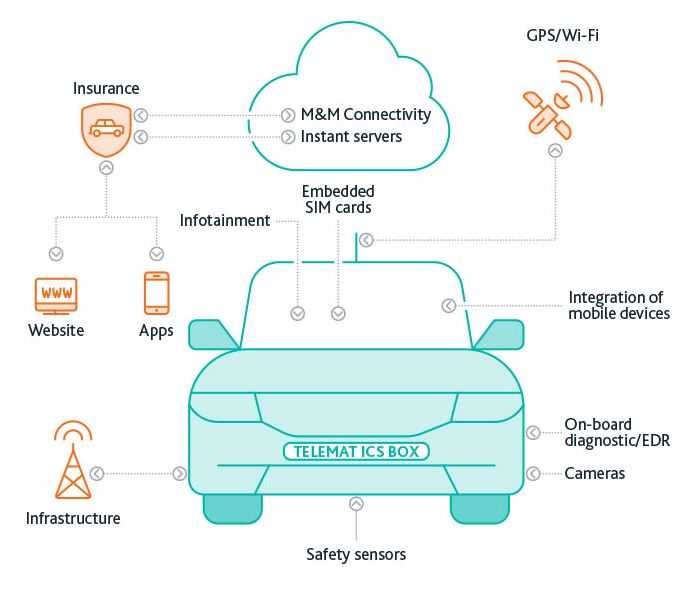
Supply chain disruptions were one of the main effects of COVID-19 on the automotive industry. Due to factory closures brought on by the pandemic, there was a lack of raw materials, components, and finished goods. The epidemic had a severe impact on a number of countries that produce a significant amount of automobiles, including China, Japan, and South Korea. As a result, there was a shortage of crucial parts like semiconductors, which are required for contemporary vehicles.
Many manufacturers, including Ford, General Motors, and Volkswagen, announced temporary plant closures as a result of the supply chain disruptions, which were felt all over the world. The inability of the automakers to meet consumer demand was hampered by production delays caused by the unavailability of components.
3. Lower Demand
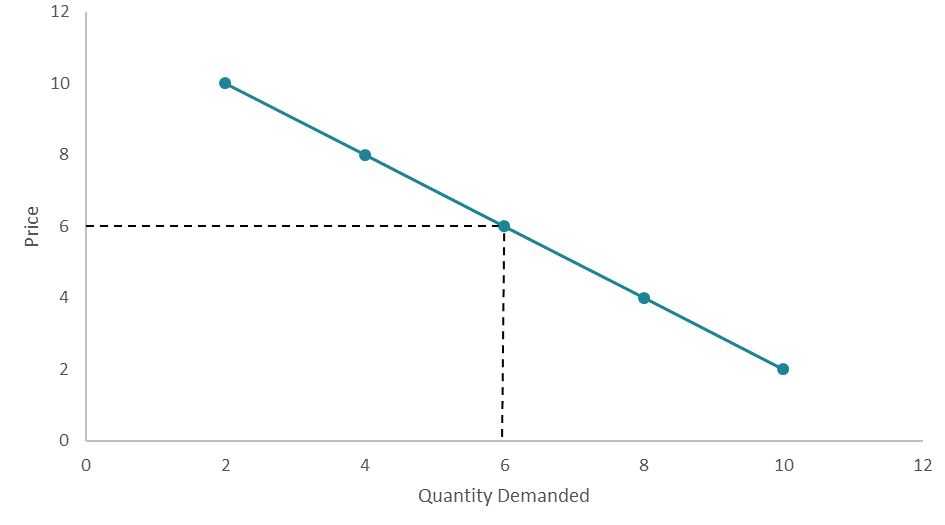
The epidemic also caused a drop in the market for automobiles. People were restricted to their houses during lockdowns, which decreased travel. People used their automobiles less frequently as a result, which decreased the need for new cars. In addition, people were more frugal with their expenditures due to the uncertainty about the pandemic’s effects on the economy, which decreased the demand for new cars.
All areas of the automotive industry, from luxury cars to entry-level vehicles, were affected by the decreased demand. Dealerships had too much inventory since fewer customers were willing to buy new automobiles, which caused the value of new cars to drop.
4. Consider Online Sales

The trend to online sales was accelerated by the epidemic as well. Lockdowns prevented customers from physically visiting dealerships, which increased internet sales. This transition to online sales included old cars as well as brand-new ones.
Numerous automakers immediately adopted this change and put in place new internet sales channels. For instance, Ford and General Motors both developed online sales systems at the same time that Tesla announced it would start selling cars exclusively online.
Greater Attention To Safety
The epidemic has also caused the car sector to put a bigger emphasis on safety. Automakers have responded by creating new technology that improves the safety and cleanliness of automobiles as a result of the pandemic’s emphasis on personal hygiene and cleanliness.
For instance, a number of automakers have created brand-new air filtering systems that can remove viruses and other dangerous particles. To ensure that vehicles are fully cleaned and disinfected before and after usage, automakers have also created new cleaning protocols.
5. Innovation
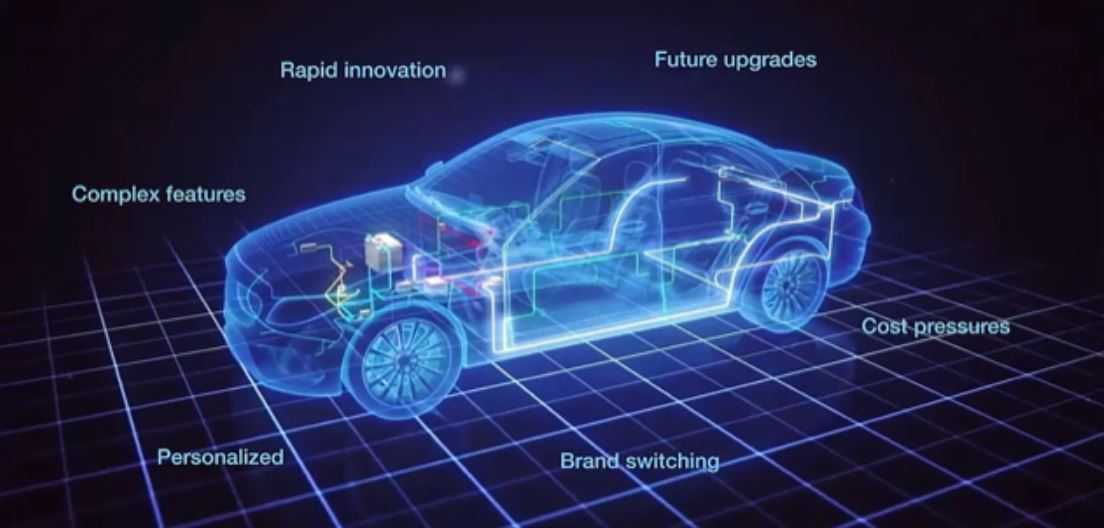
Covid-19 has encouraged innovation in the automobile industry with businesses seeking the creation of connected and driverless vehicles as well as cutting-edge means of mobility like electric and shared transportation. The pandemic has increased demand for contactless services, remote monitoring and control, and other digital solutions. This has led to greater R&D spending and the production of new goods and services in response to changing consumer tastes.
6. Sustainability
The epidemic has had an impact on the environmental agenda of the automotive sector, leading many businesses to strengthen their commitments to cut emissions and invest in renewable energy. As governments all across the world provide incentives to encourage the adoption of electric and hybrid vehicles, the epidemic has sped up the shift to these vehicles. To ease traffic and enhance air quality, businesses are also looking into alternate modes of transportation like driverless shuttles and buses.
7. Electric Cars
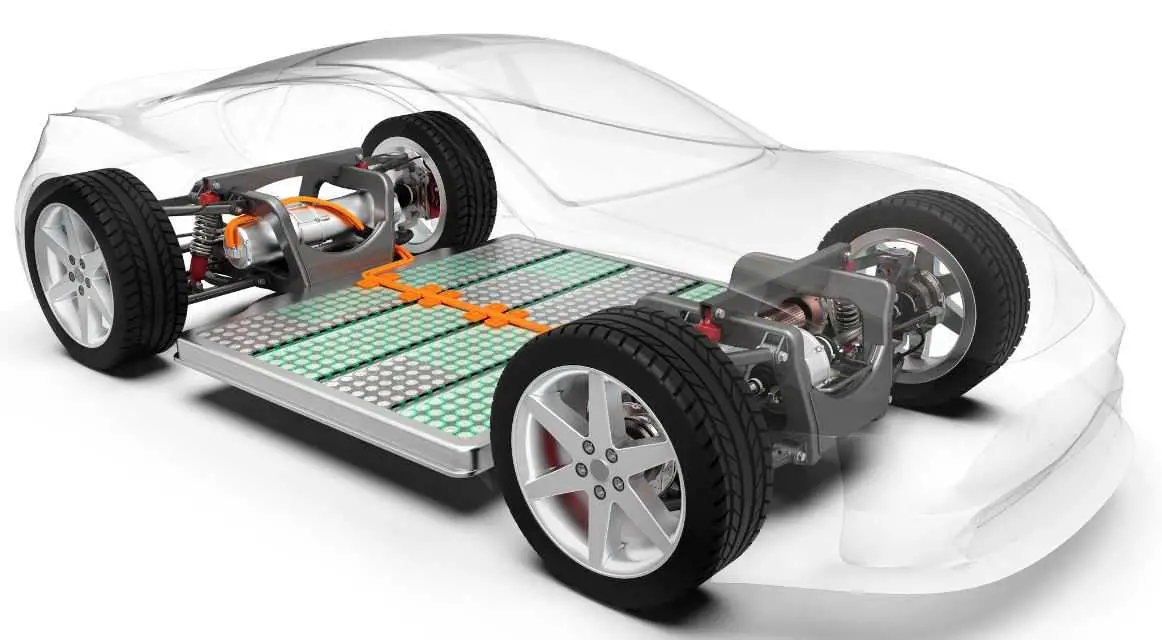
Due to the pandemic, the switch to electric vehicles has accelerated. Some countries have stated plans to hasten the transition to electric vehicles in response to the pandemic’s effect on the demand for oil and gas. For instance, the UK has announced that it would start banning the sale of brand-new petrol and diesel automobiles in 2030.
In response to this transformation, automakers have boosted their investment in electric vehicles. For instance, General Motors declared plans to invest $27 billion in electric and driverless vehicles by 2025, while Volkswagen revealed plans to invest $86 billion over the following five years.
8. Autonomous Automobiles

The advancement of autonomous cars in the automotive sector has also been hastened by COVID-19. Businesses are investing in cutting-edge technologies to provide passenger contactless services as well as remote monitoring and control of cars. In an effort to minimize human interaction and lower the risk of transmission, businesses have seen an upsurge in demand for autonomous delivery services as a result of the pandemic.
9. Customer Encounters
The epidemic has made a big difference in how customers are treated in the automotive sector. Businesses have had to adjust to shifting consumer expectations and behaviors, such as the rising demand for digital tools and contactless services. Businesses that have made investments in e-commerce platforms and online showrooms are better able to match these shifting customer demands.
10. Impact On Finances
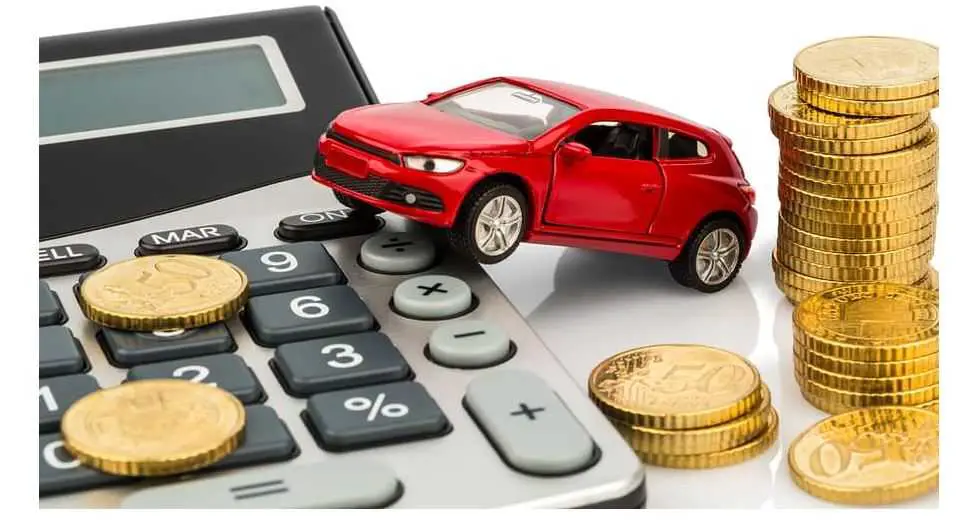
COVID-19 has had a huge financial impact on the automotive industry, with several businesses claiming significant losses as a result of decreased demand and factory closures. Data from a number of industry sources indicate that the pandemic will cause a 20% reduction in worldwide automobile sales in 2020. To maintain their financial health, many businesses have been forced to pursue cost-cutting strategies like decreasing their personnel or delaying the launch of new products.
11. Government Assistance
In reaction to the epidemic, governments from all around the world have provided assistance to the automotive sector. Governments have occasionally helped automakers and suppliers financially to support their businesses and keep jobs. In some instances, governments have provided financial aid for new technology research and development in addition to incentives to encourage the use of electric and hybrid vehicles.
12. Consolidation Of Industries
In an effort to save costs and boost productivity, businesses in the automobile sector have consolidated as a result of the epidemic. To combine resources and skills, some organizations have merged or created partnerships. In an effort to decrease the risk of interruptions, businesses are striving to control more facets of their supply chains as a result of the epidemic.
13. Workforce
The workforce in the automobile sector has also been impacted by COVID-19. Due to decreased demand and facility closures, several businesses have been forced to downsize their personnel or enact furloughs. For workers, especially those in lower-paying jobs, this has had severe economic repercussions. Personal protective equipment (PPE) and social distancing protocols are just two of the safety measures that many businesses have put in place to safeguard their workers against COVID-19.
14. Services For Sharing And Renting

The car industry’s rental and sharing services have been significantly impacted by COVID-19. Due to travel bans and decreased tourism, car rental companies have reported sharp drops in demand. However, several businesses have switched to short-term rentals for crucial employees and have put in place safety procedures to protect their staff and clients. Car-sharing services have also been disrupted, with some businesses completely ceasing operations or cutting back on their fleets.
15. Outlook After The Pandemic
The automotive sector is likely to continue to develop and adapt to shifting market conditions as the world begins to recover from the pandemic. Given that many businesses are investing in new technology to suit the escalating demand, the transition to electric and autonomous vehicles is likely to pick up speed. Due to the epidemic, businesses are working to lessen their reliance on specific suppliers and regions and to strengthen the resilience of their supply chains. In addition, as businesses try to adapt to shifting consumer preferences and behaviors, the move towards e-commerce and digital technologies is probably going to continue.
In conclusion, the automotive industry has been significantly impacted by the COVID-19 epidemic. A move to online sales, decreased demand, and supply chain interruptions have all been issues for the business. However, the pandemic has also hastened the transition to electric vehicles, sharpened the focus on safety, and compelled automakers to develop cutting-edge new technologies. The automotive sector has proven to be resilient and flexible, with many automakers fast modifying their business practices to satisfy shifting consumer needs.
In the future, the automotive sector will need to keep innovating and adjusting to the shifting consumer needs. Trends that are likely to persist even after the epidemic include the move towards electric cars and the increased emphasis on safety and hygiene. Automakers will also need to keep creating new digital sales platforms and customer engagement tactics as e-commerce and internet sales continue to grow.
The epidemic has also brought attention to how crucial adaptability and resilience are in the automotive sector. Automakers will need to be ready for future disruptions, whether they are caused by pandemics, natural catastrophes, or other unanticipated occurrences, as the industry works to recover from the effects of the pandemic.
Frequently Asked Questions
What impact have supply chain disruptions had on the automobile sector?
The automobile sector has been impacted by supply chain disruptions because they have resulted in a lack of parts and components essential for production, which has caused delays and decreased output.
How has the auto industry handled the pandemic?
In response to the pandemic, automakers have strengthened factory security, switched to producing medical supplies, and created new digital sales channels.
How has the automobile rental industry responded to the pandemic?
In response to the pandemic, car rental companies have expanded their delivery services, added contactless rentals, and implemented safety precautions.
What impact has the epidemic had on the autonomous vehicle sector?
Due to social isolation strategies and decreased funding, the pandemic has slowed down the development and use of autonomous vehicles.
When will the automotive sector fully recover from the pandemic?
The duration of the pandemic, governmental actions, and customer behavior are a few of the variables that will affect how quickly the car sector will recover from the pandemic.
How has the epidemic affected automotive suppliers?
Due to supply chain problems and a drop in demand, the pandemic has had an effect on automotive suppliers, which has resulted in decreased output and job losses.
What impact has the epidemic had on the entire global automotive industry?
The pandemic has severely disrupted the worldwide automotive sector, resulting in lower sales, manufacturing halts, supply chain disruptions, changes in customer behavior, and altered corporate strategy.
What impact has the epidemic had on automotive marketing?
Changes in car advertising tactics brought upon by the epidemic include a move to digital platforms and language that emphasizes social responsibility and safety.
What impact has the pandemic had on the advancement of the automotive industry?
Due to decreased funding and resources as well as delays in clinical studies and testing, the pandemic has hampered automobile research and development.
What effects has the pandemic had on auto dealers?
The pandemic has affected auto dealerships in the form of lower foot traffic, lost sales, and supply chain interruptions.
